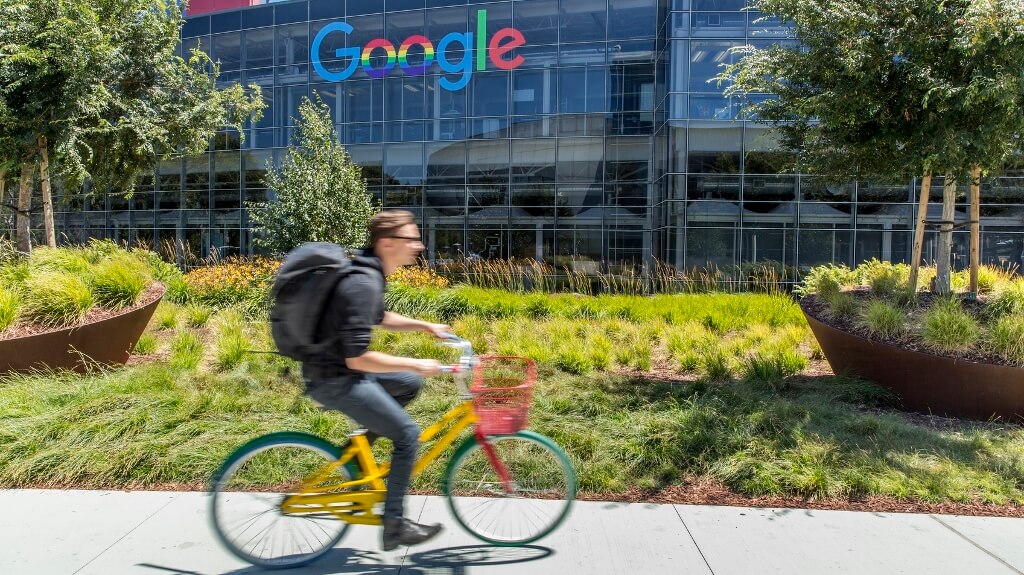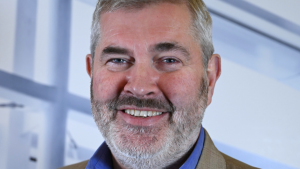The Future Of Paid Search In 2018
Voice, attribution and social will all develop this year in different ways - marketers take note.

Looking back, 2017 was an interesting year for digital marketing and, in particular, paid search. With 2018 just getting started, it’s a great time to look at key trends on the horizon.
Just like most other areas within digital marketing, the landscape for paid search will continue to evolve year on year. And, as the cost of digital advertising shows no signs of decreasing, it literally pays to keep abreast of the latest developments and how to use them to your advantage.
With that in mind, here are my top five predictions for paid search in 2018 and how digital marketers should respond:
Increasing importance of audience targeting
Over the last two years audience targeting has slowly become an important area of focus for digital marketers, with most brands only really getting to grips with how it works for them this year. This year we will see audience targeting truly take off and earn more widespread adoption across the industry.
We will see an increasing amount of companies adopt an audience strategy within search advertising, which will see search ads become as much about audience targeting as they are about keyword targeting.
Within that, targeting factors such as age, gender and parental status will be key, and remarketing lists and customer lists will become a must-have for most paid search accounts. For advertisers targeting the US market in particular, the launch of household income targeting within search will have a big impact.
So how should paid search marketers make the most of audience targeting? They should start collecting audience data and optimise bids for their most valuable audiences. Marketers who do not implement an audience strategy next year should not expect the same results they received three years ago from search ads.
Google ads will “learn” from Facebook ads
In 2018, more advertisers will start to leverage the synergy between social and search ads. Since Facebook shut down its desktop ad exchange, FBX, in 2016, audience marketing has grown in popularity and advertisers have benefited from relatively cheaper clicks with amazing demographic targeting options.
Paid search marketers should embrace a holistic strategy and start adding their Facebook-cookied users to the appropriate Remarketing Lists for Search Ads (RLSA). They should then target these users with more relevant messages and more appropriate bids. By doing so, they will increase their sales and drive their acquisition costs down.
Getting attribution right will be key
Gone are the days when paid search marketers can solely depend on last click attribution, the final touchpoint that immediately precedes a sale or conversion. The path to conversion is as complex as ever. As a result, micro-conversions, the multitude of actions a customer takes, will be ever more important in 2018.
Big brand advertisers have continually put pressure on companies like Google and Facebook to improve attribution tools, which has led to both companies enhancing their measurement capabilities over the past year or so.
In 2018, paid search marketers should continue to have measurement firmly on their agendas and explore the best methods to leverage attribution. In order to do this, they will need to break down and review every single part of the funnel and optimise for micro-conversions.
By getting attribution right, they will be able to grow their business by investing resources in the right places, at the most important points in the purchasing journey.
Paid search budgets will grow, but Facebook ads budgets will grow more
Last year, we saw desktop and mobile advertising revenues surpass television advertising revenues for the first time. There are are two companies that dominated the digital advertising revenues space: Google and Facebook.
No surprises there, but the significance of this development is worth noting for paid search marketers. Over the course of 2018, paid search marketers will start noticing increased pressure from their paid social counterparts as Facebook ads start sucking up their budgets.
So, how should paid search marketers respond? Simple - work together with paid social to maximise investments across both channels. Use Facebook to drive new users, capture those users on Google search and convert them using RLSA and Facebook retargeting ads.
Hitting targets in 2018 will ultimately depend on effective use of budgets. Without the right marketing investment plan in place for each channel, it will be so much more difficult to increase sales through paid marketing.
There will be plenty of buzz around voice search in 2018
Over the last two years, voice search has become an increasingly noticeable reality with both the number of queries and voice-enabled devices on the rise. In 2018, it will continue to gain prominence but it still has a long way to go before it becomes a dominant factor in the marketing mix.
There will, however, be plenty of discussion from marketers on best practices and case studies of brands leveraging this new technology. I also expect that we will see more insights into the commercialisation of voice search, which all advertisers should look out for.
For paid search marketers, it is important to not get too drawn in, at least for now. Voice search will not become hugely relevant to paid search marketers until search engines develop a way to indicate where queries originate from - be that a screen or a home assistant device.
Spyridon Mesimeris is head of digital marketing at Student.com.
Thanks for signing up to Minutehack alerts.
Brilliant editorials heading your way soon.
Okay, Thanks!


